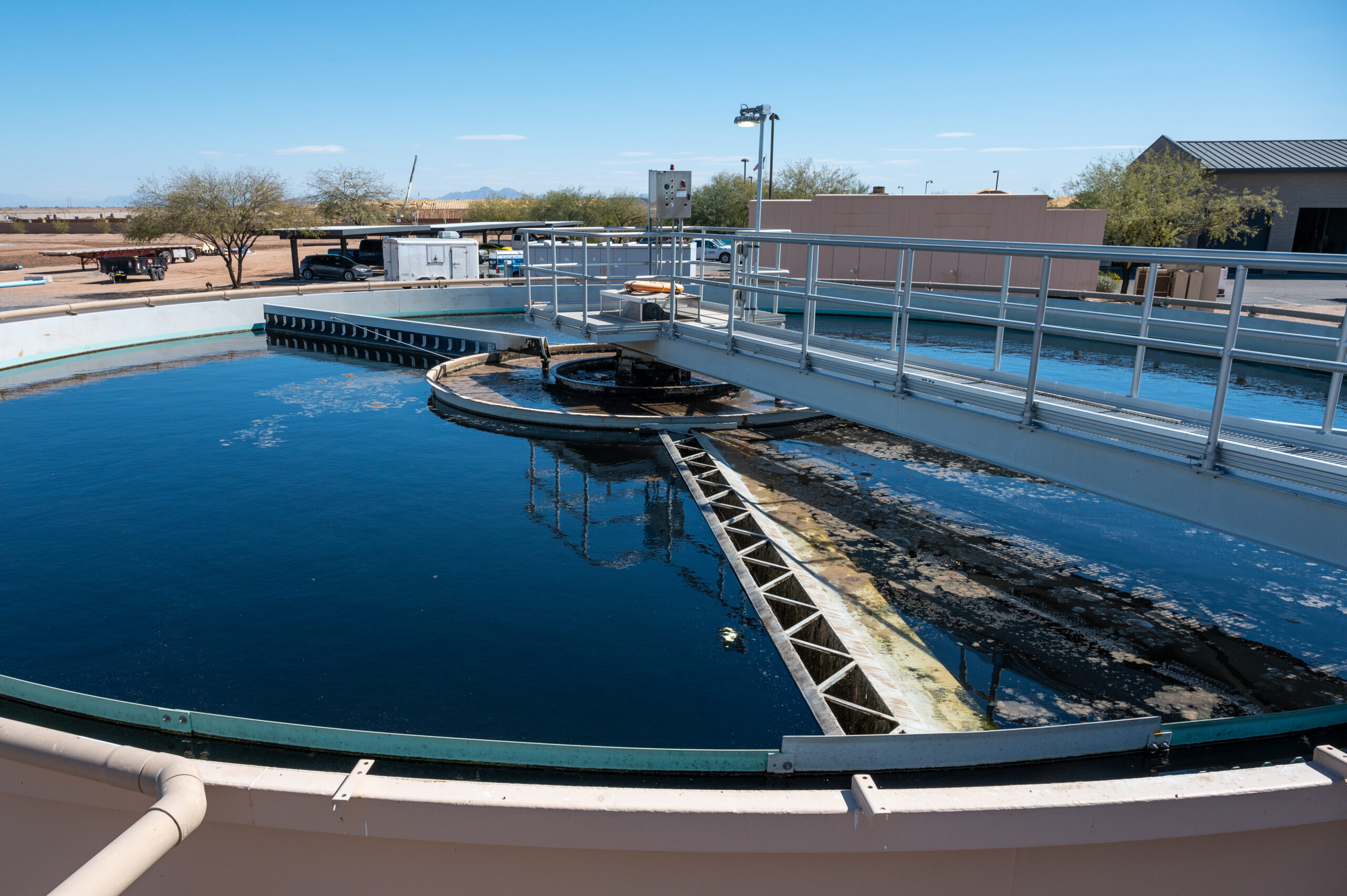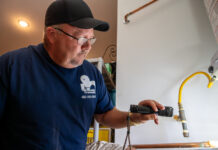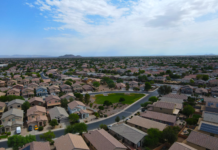 Water – it’s our most precious resource.
Water – it’s our most precious resource.
Earlier this year, Arizona Gov. Katie Hobbs announced restrictions aimed at protecting groundwater sources in areas outside of most municipalities that will require developers to provide alternative sources of water, aside from groundwater before they can build.
The move, which will only affect new construction in rural areas, won’t stop anything currently in the pipeline, but it brings the question of whether it will affect Maricopa.
The short answer is no.
Years ago, Global Water Resources, Maricopa’s water utility company, went through a lengthy approval process with the Arizona Department of Water Resources, and was issued a Designation of Assured Water Supply. Governor Hobbs’ restrictions only apply to groundwater sources that do not have this designation.
The well Global Water draws from is part of the Maricopa-Stanfield sub-basin aquifer. They were allocated approximately 23,000 acre-feet of water, but the city currently only uses around 8,000 acre-feet, meaning that Maricopa could more than double in size and still have enough water for its residents.
But maybe you prefer to live away from it all, perhaps somewhere like Hidden Valley, which will likely require that you drill your own well. With that approach, you’ll only have to pay for the electricity to pump the water, but the upfront costs could be staggering.
Most wells in Arizona cost an average of $45 per foot to drill, with the rate going higher when there’s a lot of bedrock to drill through. The average depth of wells in Hidden Valley are 600-800 feet, but in a worst-case scenario, you might have to drill 1,000 feet or more to find water. This means that the cost just to dig the well could reach $45,000, which doesn’t include the price of the pump, storage tank, pressure tank, or other equipment needed.
In addition to the high initial expense, repairs and maintenance can be very costly, and are solely the responsibility of the homeowner. And there’s also no guarantee that the well will have an endless quantity of water to meet the demand. There are some wells in the area that have gone dry because they were not drilled deep enough. The majority, however, continue to operate just fine.
Whether you are in favor of continued growth for Maricopa or feel it’s already grown too big, the good news is that for the foreseeable future, the water situation in Maricopa is a good one, and current homeowners within the city limits don’t need to worry about a water shortage.
Dayv Morgan is a Maricopa Realtor and owner of HomeSmart Success.
480-251-4231
[email protected]
MaricopaHomeSmart.com
The – edition of InMaricopa Magazine is in Maricopa mailboxes and available online.














![Maricopa’s ‘TikTok Rizz Party,’ explained One of several flyers for a "TikTok rizz party" is taped to a door in the Maricopa Business Center along Honeycutt Road on April 23, 2024. [Monica D. Spencer]](https://www.inmaricopa.com/wp-content/uploads/2024/04/spencer-042324-tiktok-rizz-party-flyer-web-218x150.jpg)



